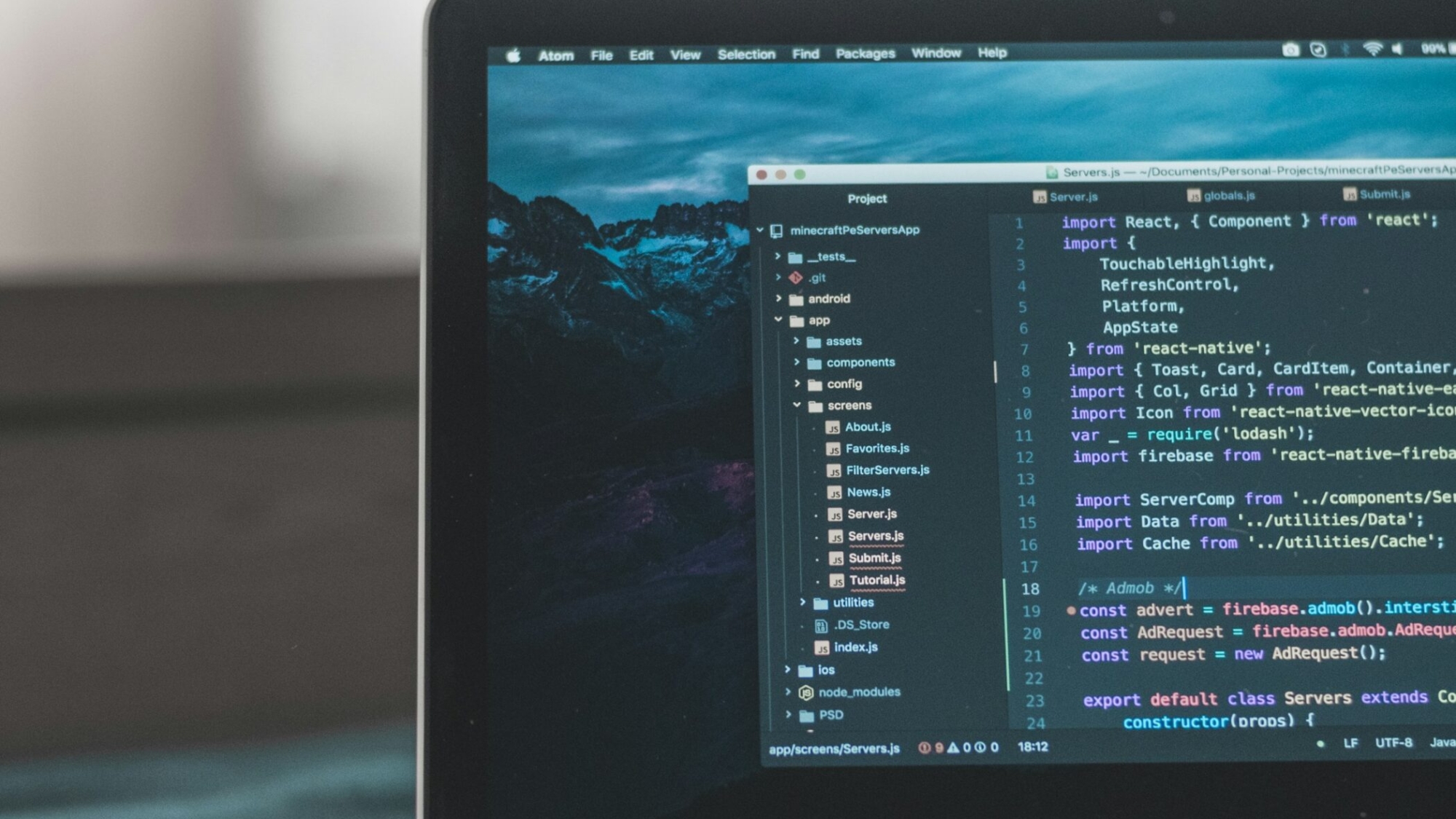In the world of software development, writing clean and maintainable code is crucial for long-term success. Clean code is not only easier to understand and debug but also reduces technical debt and improves collaboration among team members. In this blog post, we’ll explore key clean code principles that can help you write code that’s easy to maintain and enhances the overall quality of your software projects.
1. Meaningful Variable Names
Choose variable names that accurately describe their purpose and usage within your code. Avoid cryptic abbreviations or single-letter variable names, as they can make your code harder to understand. Descriptive variable names improve readability and make it easier for other developers to follow your logic.
2. Single Responsibility Principle (SRP)
Adhere to the Single Responsibility Principle, which states that each class or module should have only one reason to change. By keeping your code focused on a single responsibility, you make it easier to understand, test, and maintain. If a class or function becomes too complex, consider breaking it down into smaller, more cohesive units.
3. Don’t Repeat Yourself (DRY)
Avoid duplicating code by following the Don’t Repeat Yourself principle. Instead of copy-pasting similar code snippets throughout your project, extract common functionality into reusable functions or modules. This not only reduces code redundancy but also ensures consistency and makes future updates easier to implement.
4. Code Readability
Prioritize readability when writing code. Use consistent formatting, indentation, and naming conventions to make your code easy to scan and understand at a glance. Consider adding comments to explain complex logic or to provide context for future maintainers.
5. Test-Driven Development (TDD)
Adopt Test-Driven Development practices to ensure that your code behaves as expected and remains maintainable over time. Write tests before implementing new functionality, and use them to drive your development process. Automated tests serve as documentation for your code’s intended behavior and help prevent regressions during future changes.
6. Continuous Refactoring
Regularly refactor your code to keep it clean and maintainable. As you gain a deeper understanding of the problem domain and identify opportunities for improvement, refactor your code to incorporate new insights and eliminate technical debt. Continuous refactoring is essential for keeping your codebase healthy and sustainable in the long run.
Writing clean and maintainable code is essential for successful software projects. By following principles such as meaningful variable names, adhering to the Single Responsibility Principle, avoiding code duplication, prioritizing readability, adopting Test-Driven Development practices, and embracing continuous refactoring, you can create code that’s easier to understand, debug, and extend.
At ITgiant, we understand the importance of clean code principles in the software development process. Consider exploring our range of courses designed to help you enhance your coding skills and become proficient in writing clean, maintainable code. With expert guidance and hands-on experience, we’re here to support you on your journey to becoming a skilled software developer.

 Cart is empty
Cart is empty 